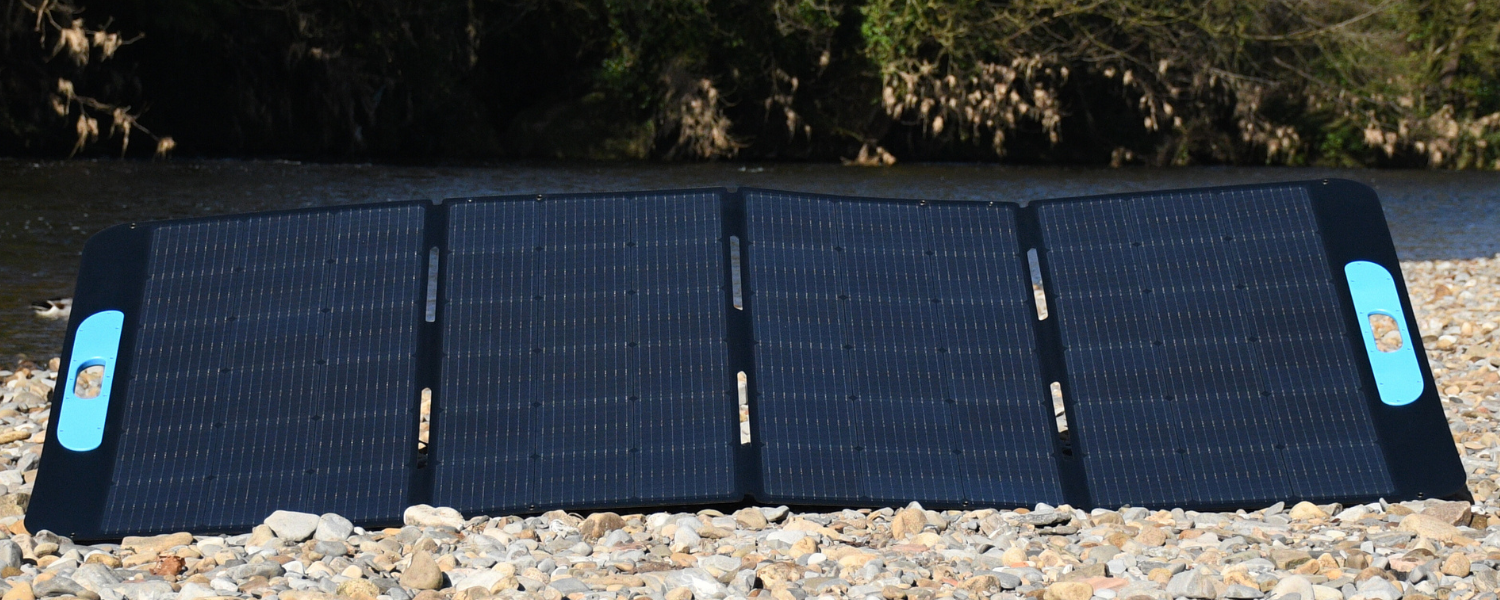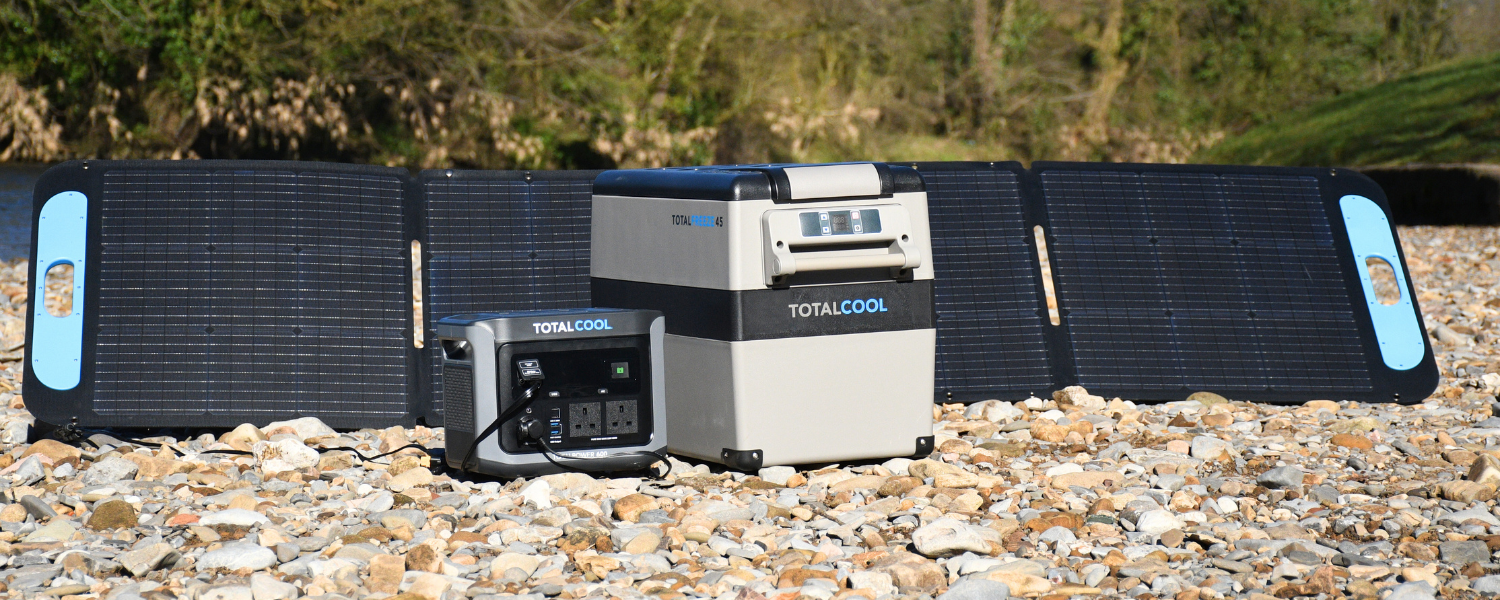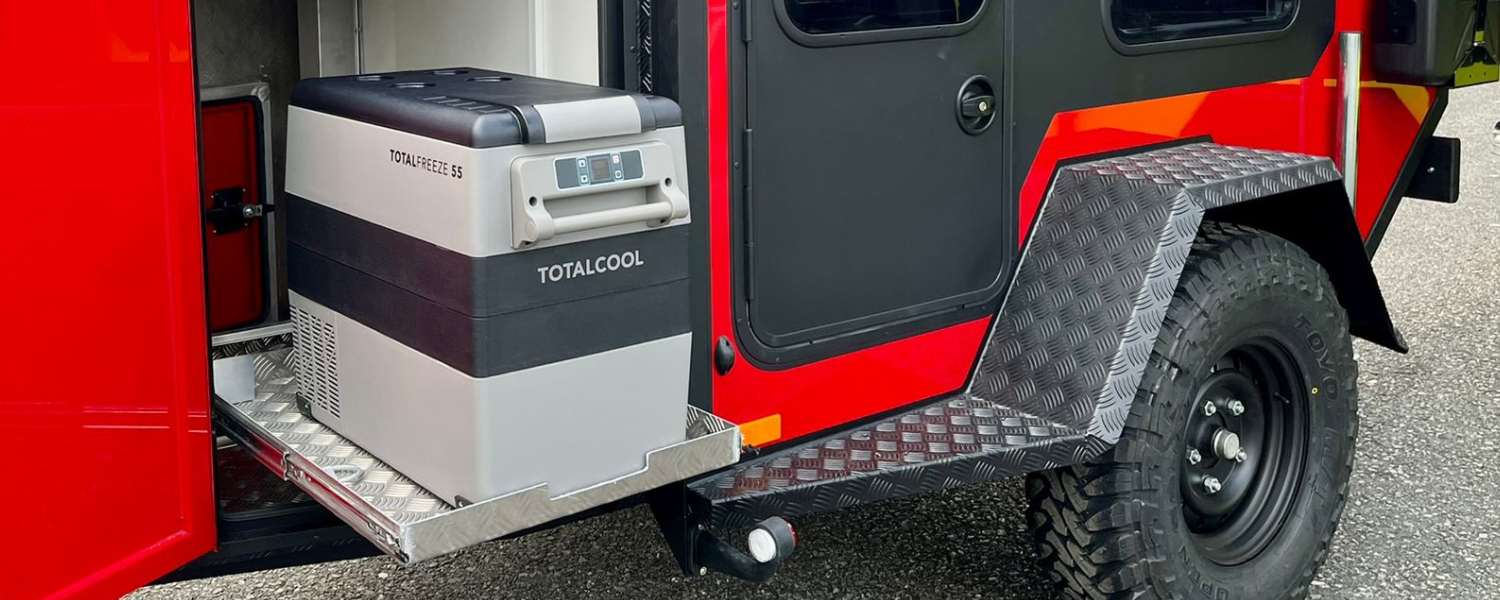Are Bigger Portable Solar Panels Better?
Have you ever wondered if bigger is always better? When it comes to portable solar panels, many people think that a larger panel means more power.
But is that really the case? Let's embark on a sunny adventure and discover which panel truly shines!
What Are Portable Solar Panels?
Portable solar panels turn sunlight into power for your gadgets when you’re camping or on a fun expedition. They’re designed to be easy to carry and help you stay powered up even when you’re away from home.
Bigger vs. Smaller: What’s the Big Difference?
When you look at a big portable solar panel, it might seem amazing because it’s huge. A bigger panel can soak up more sunlight and make more energy. But there are a few things to think about:
- More Power: Bigger panels catch more sun so they normally make extra power to charge your phone, laptop, or even a small fridge.
- Size and Weight: A big panel is heavier so it might be a bit clunky to carry around on a long hike or unfold by yourself.
- Cost: Bigger usually means a higher price, spending more money for extra power might not fit every budget especially if you are only planning to use the panels occasionally.
Efficiency and Solar Cell Types: More Than Just Size
A larger solar panel doesn’t always mean better performance. While more surface area can capture more sunlight, the type of solar cell inside plays a huge role in how much energy you get. Here’s the fun scoop:
Surface Area vs. Efficiency:
Bigger panels have more area to catch the sun, but if they use older or less efficient cells, they might not produce as much power as a smaller, high-efficiency panel.
Different Types of Solar Cells:
- Monocrystalline Cells: Made from a single crystal, they’re the superheroes of solar panels. They work well even in lower light and pack a strong punch of efficiency.
- Polycrystalline Cells: These use multiple crystals. They’re good too, but usually a bit less efficient than monocrystalline ones.
- Thin-Film Cells: They’re lightweight and flexible, making them great for special uses, but they generally produce less power compared to the other two cell types.
Other Factors:
Things like shading, the angle of the sun, and even the temperature can affect a panel’s performance. So, when picking a solar panel, it’s not just about being big—it’s about finding the right mix of size, cell type, and overall design that fits your needs.
In short, while a larger panel might seem like it should be better, sometimes a smaller, more efficient panel is the real winner. Your choice should match your energy needs and how you plan to use it!
Examples of Portable Solar Panels from Totalcool
To help you see how size and efficiency come into play, let's look at some portable solar panels from Totalcool:
-
Totalsolar 100 Solar Panel:
This compact Totalsolar 100 panel is lightweight and easy to carry, making it perfect for short trips or charging small devices. Complete with USB and DC connections to power your devices. -
Totalsolar 120 Solar Panel:
Slightly larger, the Totalsolar 120 panel offers more power while still being portable. It's great for campers needing to charge multiple devices. -
Totalsolar 200 Solar Panel:
This mid-sized Totalsolar 200 panel balances portability with higher power output, suitable for longer trips or powering larger devices. -
Totalsolar 220 Solar Panel:
Offering a bit more power than the Totalsolar 220 model, this panel is ideal for users with greater energy needs but still want portability. -
Totalsolar 400 Solar Panel:
This large Totalsolar 400 panel provides substantial power, perfect for extended off-grid adventures or powering multiple devices simultaneously.
The Benefits of Bigger Portable Solar Panels
- Extra Energy: More surface area normally means more energy. If you need lots of power on a long trip, a bigger panel is a good choice.
- Great for Groups: When you have more people or more devices, a bigger panel can keep everyone charged and happy.
- Reliable on Cloudy Days: Even if the sky is a bit grey, a larger panel can still catch enough sunlight to make some power.
The Downsides of Bigger Panels
- Harder to Carry: If you like to travel light, a big solar panel might slow you down.
- Space Matters: A bigger panel takes up more room in your car or van. This can be a problem if you have limited space.
- Higher Cost: Spending extra money might not always be worth it if you don’t need a lot of power or plan to use the panel a lot.
How to Choose the Right Portable Solar Panel for You
Picking the best solar panel can be as easy as following a short list:
- Know Your Needs: How much power do you really need? Do you use lots of gadgets or just a phone?
- Think About Weight: If you plan to walk a lot, or have limited space, look for a lighter or smaller panel.
- Budget: Decide how much money you want to spend.
- Size vs. Portability: If you need extra power and don’t mind a bit of extra weight, then a bigger panel might be best.
Conclusion
In the end, bigger portable solar panels can be better if you need lots of power and don’t mind carrying a little extra weight. But if you want something light and easy to move, a smaller panel might work just as well.
The choice depends on your adventure, your budget, and how much power you need. No matter what you choose, remember that the sun is always ready to help you charge up!
Ready to explore more cool solar options? Check out our selection here.





Leave a comment
This site is protected by hCaptcha and the hCaptcha Privacy Policy and Terms of Service apply.